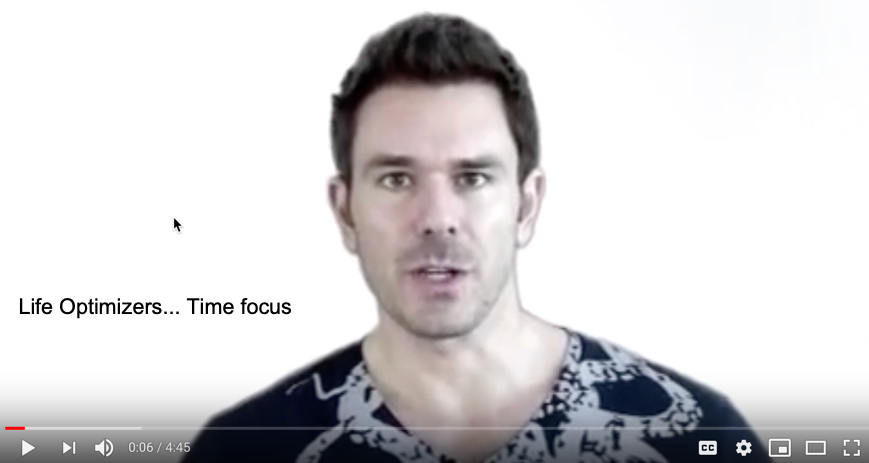I want to talk to you about focus, not focus in the sense of mind capacity, but necessarily in the focus on where we’re focusing our time as it applies to making money in your own business. I talk to a lot of different people, friends and colleagues and business owners, and I’m always hearing that I don’t have enough time in the day. And I don’t get to things that I want to do. And I’m not making an impact in my life. I’m not making an impact on life with my family. And I started asking them a couple questions on how they plan their day.
And just about everyone says the same thing. They say, “Well, you know, I get up early because I’ve got to drive. And I get up early. I’ve got to get in the car, I’ve got to get ready. I’ve got to do the whole commune and plan to get to work. Once I get to work, I’ve got to park my car. Then I’ve got to get out to the office. By the time I get in the office, it’s say, 9:00. And then I check a little bit of email. And then I have some coffee, and then I go to water cooler and I make my rounds, and I talk to people in the office. And by that time, it’s 10:00, 10:15. I make some phone calls. And then I have some meetings. And by that time, it’s ready for lunch. Then after lunch, then I come back. I have some more meetings. I do some paperwork. I do some computer work. By that time, it’s 4:00 and I’m ready to go home.”
I ask them if they actually try to plan their day as far as time slicing. And time slicing is a really good technique because it takes the whole proportion of your day and turns it into slices like a pie. Let’s just say there’s eight slices in a pie. If you look at your day like a pie, and you slice it into eight different areas, doesn’t have to be eight, just an arbitrary number. It could be three. It could be four. It could be five. What I do is I break it out into several things called mini days. Each mini day only lasts a certain amount of time. For example, accounting. This is where I do invoicing. This is where I bill for employees. This is where I bill my contacts. I’ll set aside one hour a day for accounting purposes. This is where I do, say, I download information from the day. And I’m going Quick Book activities. This is stuff that’s very important to my business, so actually I do this myself in conjunction with my accountant. But I keep the pulse on it.
One hour a day, I focus doing accounting activities. And regardless if I finish all I need to in that one hour time slot, I move on to the next task, or the next mini day. The next mini day could be marketing, and I’ll spend two hours a day on marketing. Again, these are arbitrary numbers. And the way you do business or how your life is set up, it’ll change. But the overall thing to remember is to divide these into mini days. Two hours a day, I’ll spend on marketing. I’ll do sales copy. I’ll do pay per click. I’ll do talking to my JV partners, setting up deals, getting on the phone. But that two hours is strictly dedicated to doing marketing activities. I turn off the phone. I turn off the email. I don’t want to be interrupted within those two hours.
After the two hours, I’m going to go on to my next mini day, take a little break between that, but I’ll go on to my next mini day. Now the thing to be concerned with and realize is that there are certain things that you have to do every day. By chunking them up into mini days, you don’t let things get too far behind because you think it’s more important. Now the things that are not so important still have to be done. They’re not critical, but they’re important. And by having the mini days, and stopping at a certain point, you don’t spend the entire day, say, on accounting activities. Or you don’t spend the entire day, or the majority of the day, on meetings or marketing. Whatever that might be, it’s broken up into small manageable chunks that you’re doing every day so you never get very far behind.
I want to leave you with one takeaway point. For the next seven days, do this. Take a piece of paper and write down everything you do from the time that you get up until you go to bed at night. I don’t care what it is. And this is kind of a loose representation of where your time is going. You will be absolutely amazed at how much time you waste on inactive, nonproductive things that you could be using towards building a business, or towards doing something that’s productive and efficient that’s important to you in your life.
The big takeaway is, take a look at where your time is going and you will absolutely be amazed of the time that’s being wasted on things that are not getting you towards or bringing you closer to your major objectives in life. Okay. We’ll talk to you soon. Thanks. Christian
